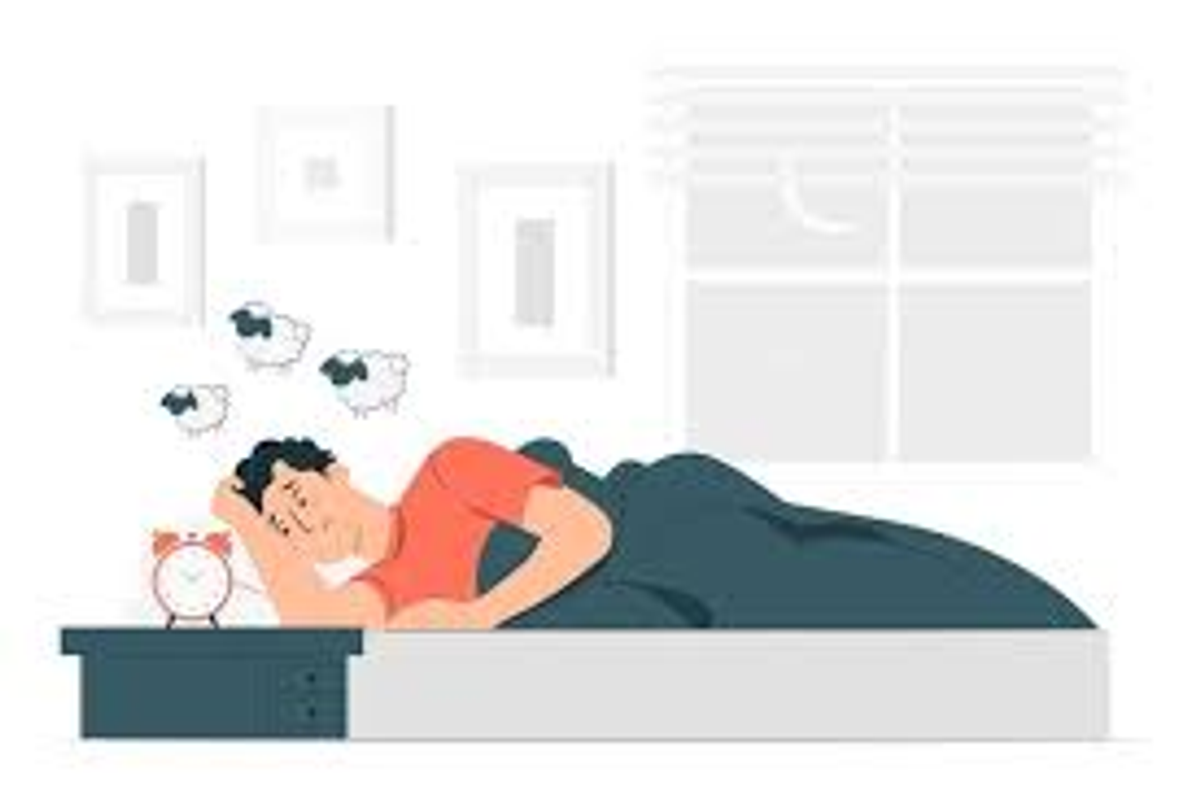Important Dates and Information
Bus Travel 2022 / Wellbeing Information

Important Dates and Information
Bus Travel 2022 / Wellbeing Information
Term 4, 2021
Week 7
15th Nov (Mon) - 22nd Nov (Mon) Y11 Exams
Week 8
22nd - 26th Nov (Mon, Wed, Thu, Fri) - Y10 Exams (In Class)
23rd Nov (Tue) - Staff Professional Learning Day (No Students)
24th Nov (Wed) - Y9 Growth Conversations
26th Nov (Fri) - Y11 Invigorate Day
Week 9
29th Nov (Mon) - Early Commencement
3rd Dec (Fri) - Y11 and Y12 Students Last Day*
Week 10
7th Dec (Tue) - 2022 Y7* Orientation Day
10th Dec (Fri) - Year 8-10* Students Last Day Of Timetabled Classes
*This refers to student’s 2022 Year level
Week 11
13th - 16th Dec (Mon - Thu) MEC Activities Week
17th Dec (Fri) - Last Day 2021 (Staff Only)
Term 1, 2022
Week 1
24th Jan (Mon) - ES Staff Return
26th Jan (Wed) - Australia Day (Public Holiday)
28th Jan (Fri) - All Staff Return
Week 2
31st Jan (Mon) - Y7 and Y12 Students Begin
1st Feb (Tue) - Welcome Back to ALL Year Levels
Application forms for bus travel in 2022 have now been given to all existing bus travellers. All students who intend to use a bus next year must complete and submit this form by the end of November. A student cannot travel on a school bus if this process is not followed.
Again, capacity is expected to be exceeded and there is no guarantee that all students will have a place offered. For this reason, you are encouraged to complete the process promptly.
Completed applications can be handed in to the General Office or directly to Mr Kenyon.
Sleep! Let’s talk about it.
As we are welcoming our students back to face to face learning after another extended period in lockdown, what we are noticing is that some of our students have struggled with keeping their usual sleep routine. Having enough sleep is vitally important to our sense of wellbeing, our mental and physical health.
So to get the recommended 8 – 10 hours of sleep there are a few tips from Headspace for a good nights sleep:


Just remember it’s important to know that it might take a few weeks to notice a difference when trying out some of these tips – one or two nights is not enough time. If you’ve tried some of these suggestions and you’re still having trouble sleeping, talk to your GP, Headspace Centre or another health professional. If you would like to read more, visit:
The Wellbeing Team is looking forward to welcoming students back to school, well rested and ready to learn!